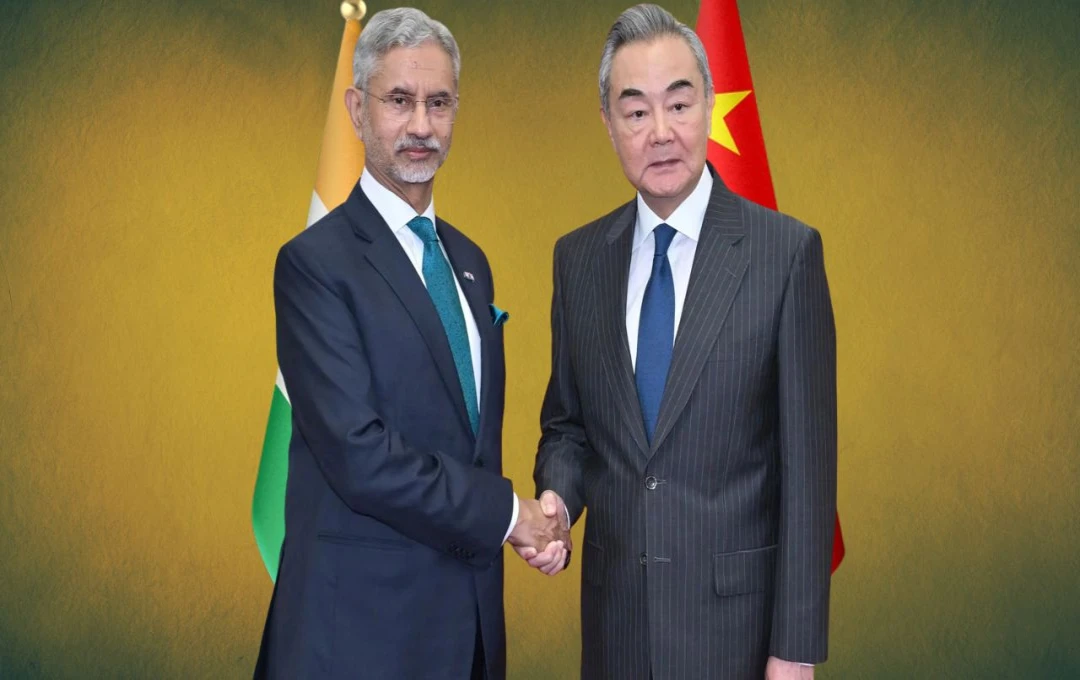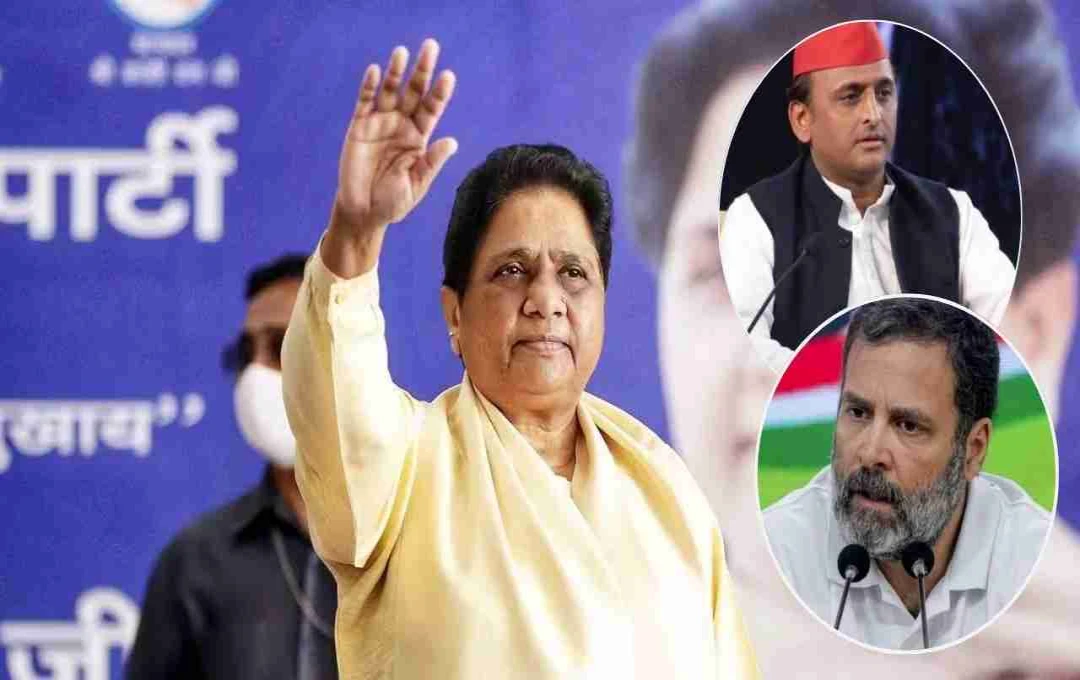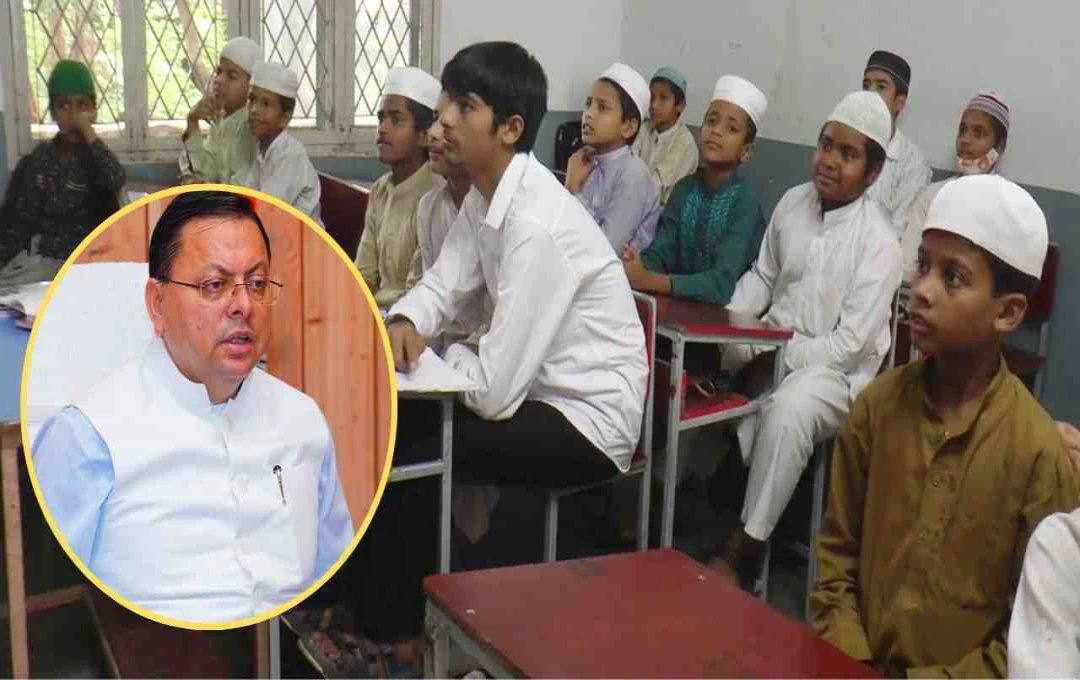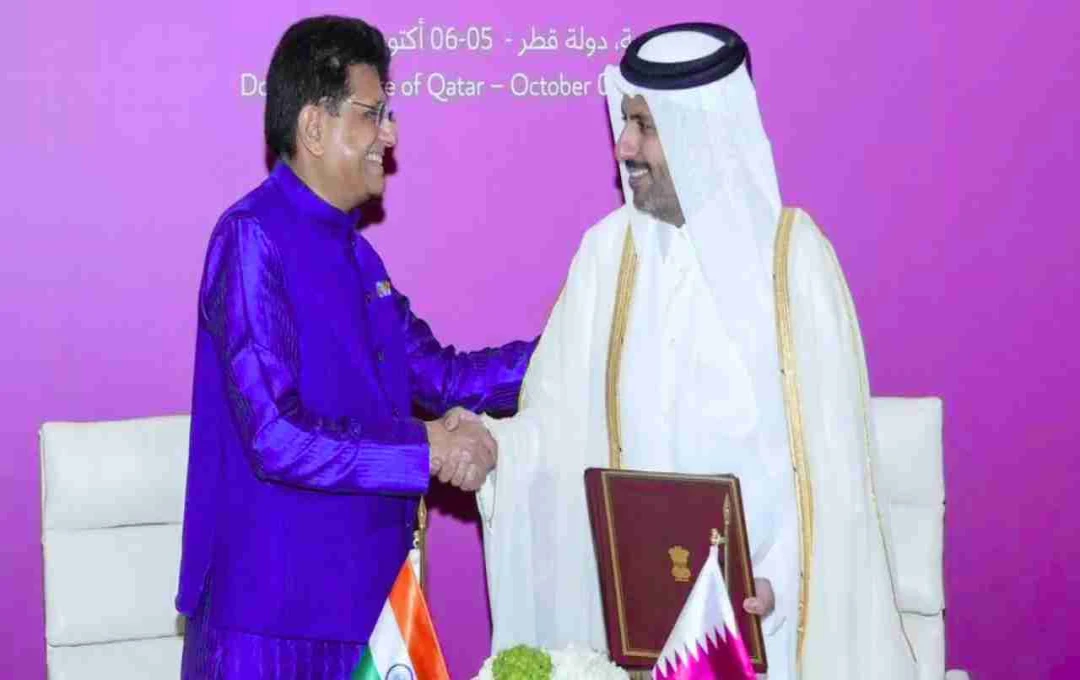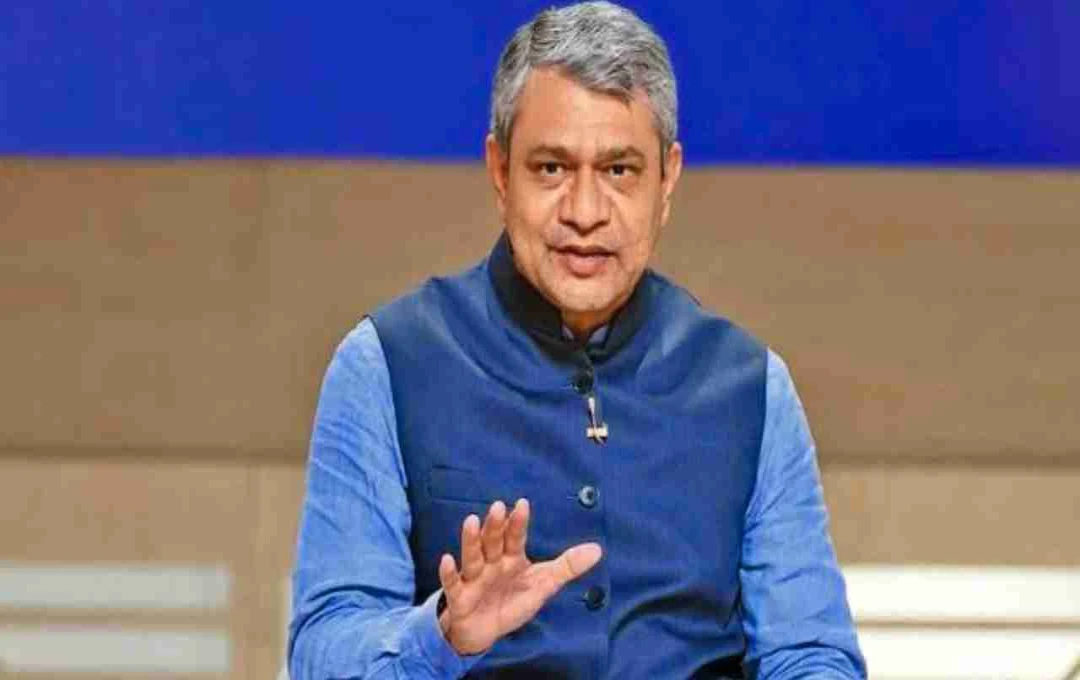Chinese Foreign Minister Wang Yi has arrived in India after three years. The aim of this visit is to reduce tensions in India-China relations and enhance cooperation on issues such as the border dispute, trade, and connectivity. New dialogues between the two countries on SCO and BRICS platforms are being seen as steps towards a potential 'reset'.
New Delhi: After a gap of three years, Wang Yi arrived in New Delhi on Monday evening and met with Foreign Minister Dr. S. Jaishankar. He is scheduled to discuss matters with Prime Minister Narendra Modi on Tuesday. This visit is considered important for improving India-China relations, reducing border tensions in Ladakh and Arunachal Pradesh, and increasing trade, connectivity, and people-to-people contact. It also signals a strengthening of cooperation between the two countries on SCO and BRICS platforms.
Talks resume after a three-year hiatus
India-China relations have witnessed several tense phases in recent years. Border disputes in Ladakh and Arunachal Pradesh had soured relations between the two countries. The Covid pandemic and the Ladakh violence also affected people-to-people contact. Visa services were suspended and direct flights were halted. In such a time, Wang Yi's visit is raising hopes that people-to-people contact, trade negotiations, and efforts to resolve border disputes will be reactivated.
Changes in India-China relations due to Trump's tariffs
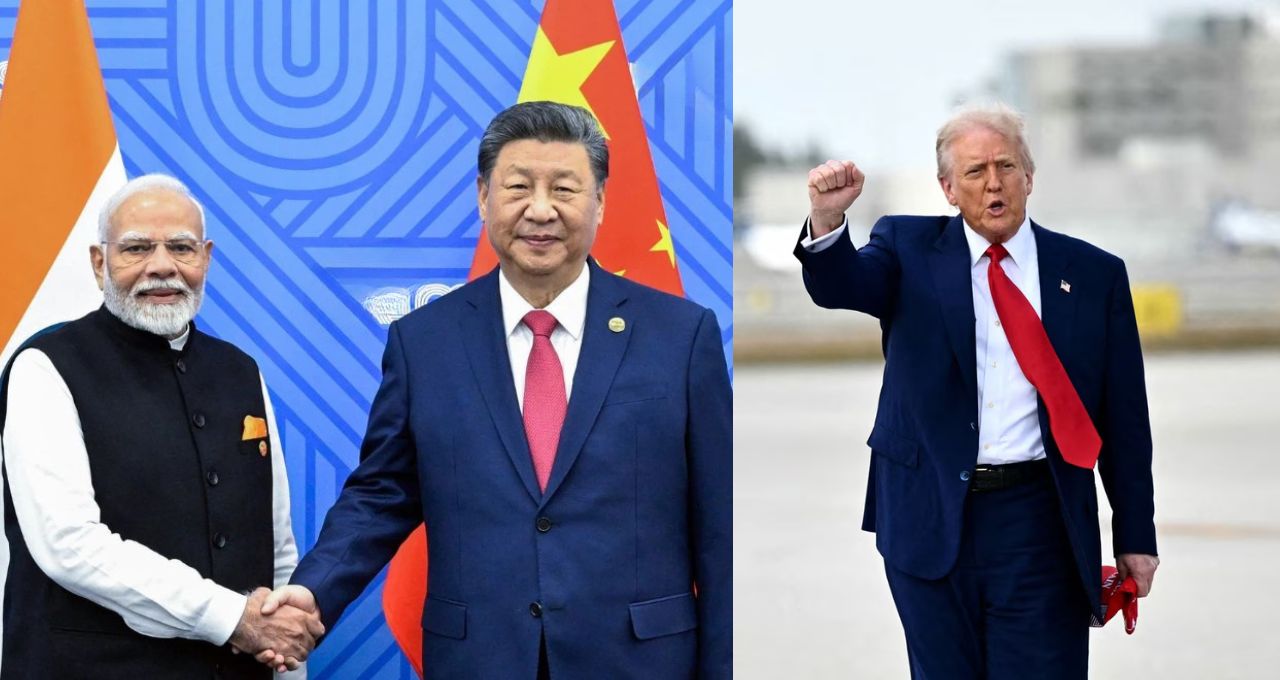
The recent softening in India-China relations is also linked to global political events. Former US President Donald Trump imposed a 20% tariff on China in March. Following this, China appealed to India and other countries to take steps against hegemonism and power politics. Wang Yi conveyed the message to India that "Elephants and dragons should come together, cooperation is our priority." Prime Minister Modi also said in an interview that the situation on the border is normal and differences can be resolved through dialogue.
Pakistan hindered permanent improvement
The biggest challenge in India-China relations has been China's Pakistan policy. In May, China blocked a proposal in the United Nations to designate Pakistan-based terrorists as "Global Terrorists." In June, India also did not sign the joint statement at the SCO meeting. The document accused India of spreading unrest in Balochistan, which was linked to pressure from Pakistan. Experts believe that a permanent improvement in India-China relations will only be possible when China adopts a balanced approach on Pakistan-related issues.
Opportunities for economic and trade cooperation
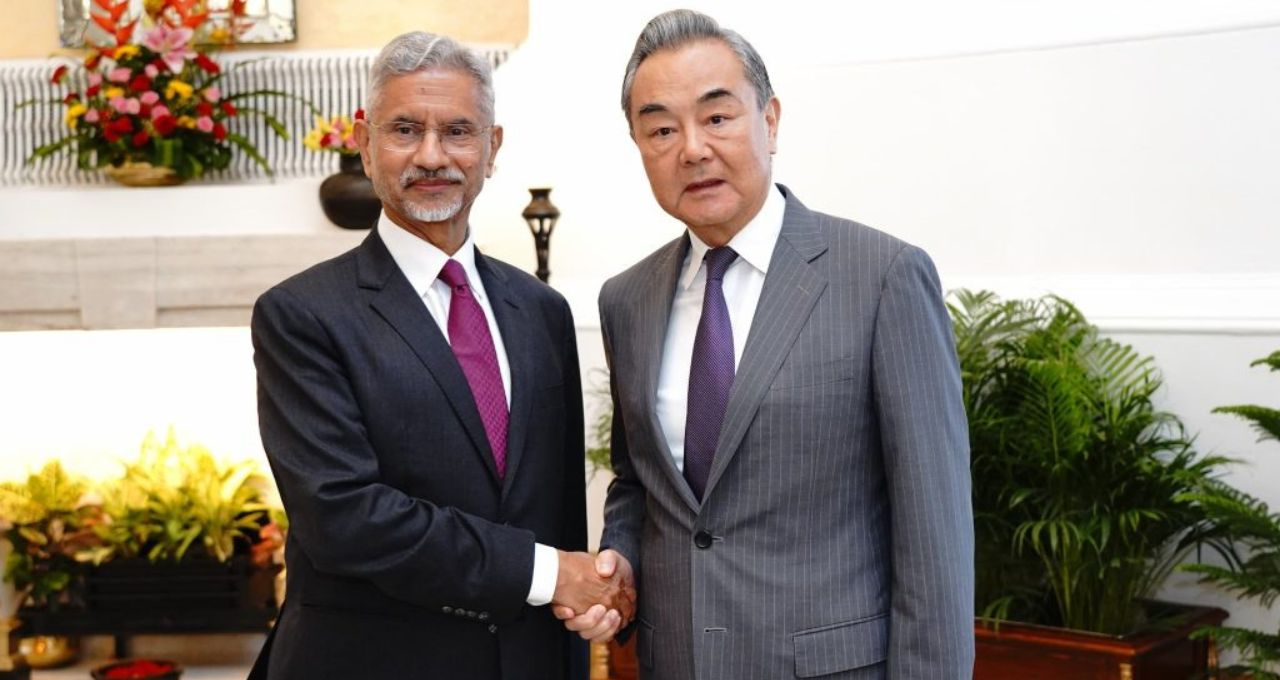
According to sources, Wang Yi assured to address India's three major concerns—fertilizers, rare earth, and tunnel boring machines. Issues such as trade, pilgrimage, people-to-people contact, river data sharing, border trade, and connectivity were also discussed. Jaishankar clarified that there should be no bans or obstacles in trade. He said that stable and constructive relations between India and China are in the interest not only of both countries but also of the entire world.
Increasing progress and trust on the border
Following the standoff in Ladakh in 2020, both countries have recently agreed on patrolling arrangements. This is an indication that both sides are serious about reducing tensions on the border. Experts believe that this step is important in preventing potential conflict in the future and creating an atmosphere of trust.
